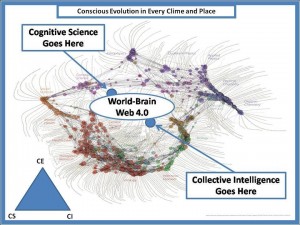
From Asimov to Zelazny
When I was in high school, I read every single science fiction book in the Clearfield Public Library. Probably 250 books altogether.
I don't think I had a big plan, I was mostly looking for something to do. What I discovered, though, was that domain knowledge, edge to edge knowledge of a field, was incredibly valuable. It helped me understand where the edges were, and it gave me the confidence to be selective, to develop a taxonomy, to see what was going on.
As the deluge of information grows and choices continue to widen (there's no way I could even attempt to cover science fiction from scratch today, for example), it's easy to forget the benefits of acquiring this sort of (mostly) complete understanding in a field. I'm not even sure it matters which field you pick.

Expertise is a posture as much as it is a volume of knowledge.
Reading every single trade journal, for example, or understanding the marketing, engineering and sales of your field–there are countless ways to go deep instead of merely paying lip service to the current flavor of the moment.
Phi Beta Iota: Dick Klavans (Maps of Science) has marked the fragmented edges as well as the fragmented Strengths of Nations. Our task now is to recreate the whole–the unification of diversified knowledge in the public interest. There are eight tribes of knowledge, not one, or two, or three.



